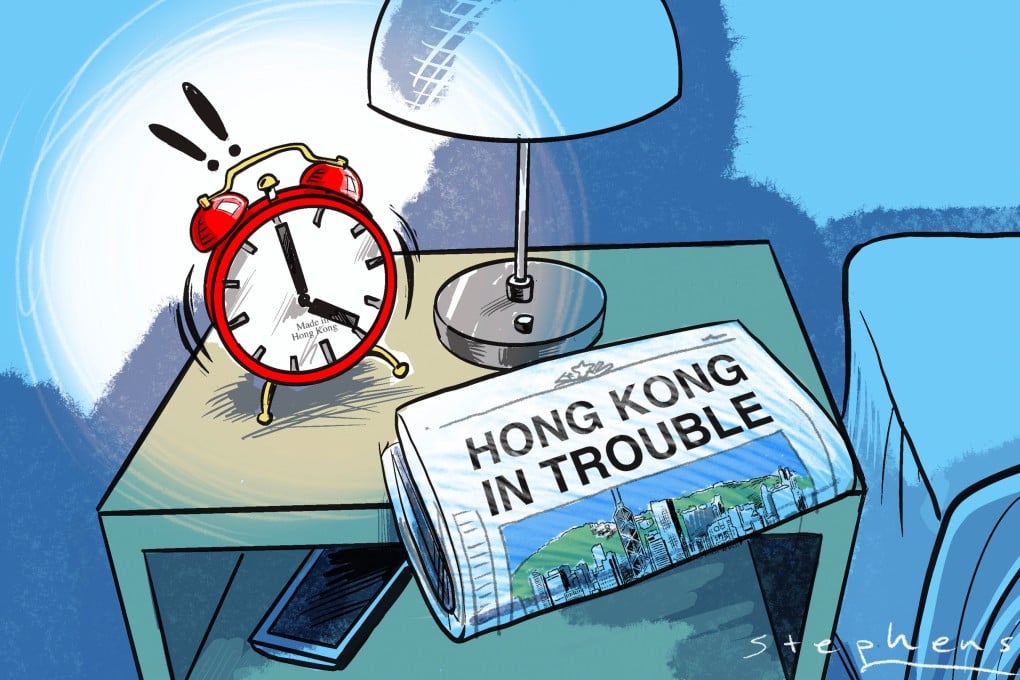Opinion | Why I am making ‘good trouble’ for Hong Kong, the city I love
- Even with the city’s famed Phoenix-like ability to rise from setbacks, it may be beyond Hong Kong to overcome the triple whammy of a loss of its high degree of political autonomy, the protracted malaise of the mainland economy, and the US-China power struggle
- This sobering view should serve as a wake-up call for Hong Kong

I love Hong Kong. Yet I now find myself in the uncomfortable position as a naysayer. My recent opinion piece in the Financial Times, “It pains me to say Hong Kong is over”, has stirred up considerable controversy in the city I used to call home. Unsurprisingly, Hong Kong politicians have been especially critical. But former colleagues, business associates and good friends have also raised concerns. A response is in order.
While no nation, economy or city is ever definitively “over”, the title of my piece was intended to be more of a wake-up call to a city that has long prided itself as Asia’s world city, the gateway to China, one of the elite Asian tiger economies and Milton Friedman’s favourite free market.
While the pushback has been fast and furious, few have taken serious issue with the three points raised above. Instead, many have rested their case on Hong Kong’s long-standing resilience, a seemingly innate capacity for the city to reinvent itself in the face of near existential threats.
After all, Hong Kong was written off repeatedly – in the aftermath of the 1967 riots under British occupation, the Asian financial crisis, the handover itself, and, of course, the outbreaks of severe acute respiratory syndrome and Covid-19. Louis Kraar’s scathing 1995 piece in Fortune magazine, “The Death of Hong Kong”, makes my recent missive look optimistic. Time and again, Hong Kong has defied those predicting its demise, with a series of Phoenix-like resurrections. Why shouldn’t we expect the same this time?
The three pillars of my argument noted above bear directly on this question. Resilience this time will require a new-found political and economic policy autonomy that seems highly unlikely.
